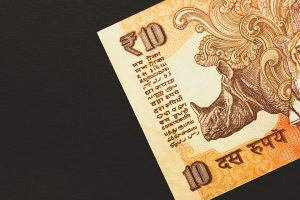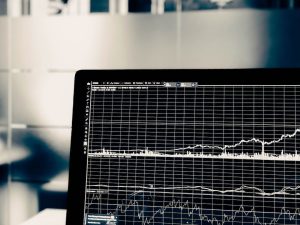Forex trading is an exciting and profitable venture for many people. However, with the vast number of forex brokers available, it can be challenging to identify a reputable one. A B book broker is one type of forex broker that can be difficult to identify. In this article, we will take a closer look at what a B book broker is and how to identify one.
What is a B Book Broker?
A B book broker is a type of forex broker that operates on a dealer model. This means that the broker takes on the risk of trades made by their clients instead of passing the risk onto a liquidity provider. The broker will typically hedge their risk by taking the opposite position to that of their clients. For example, if a client buys EUR/USD, the broker will sell EUR/USD. This allows the broker to profit from the spread and the commission charged on each trade.
B book brokers are also known as market makers. This is because they create a market for their clients by providing liquidity. They do this by taking the opposite side of their client’s trade. As a result, B book brokers are often accused of trading against their clients.
What are the Risks of Using a B Book Broker?
There are several risks associated with using a B book broker. These risks include conflicts of interest, lack of transparency, and potentially higher trading costs.
Conflicts of Interest
B book brokers have a conflict of interest as they take on the risk of their clients’ trades. This means that they may be motivated to trade against their clients to maximize their profits. This can lead to biased advice and recommendations that do not necessarily benefit the client.
Lack of Transparency
B book brokers are not required to disclose how they operate their business. This means that clients may not be aware of the risks associated with trading with a B book broker. This lack of transparency can lead to mistrust and suspicion between the broker and their clients.
Potentially Higher Trading Costs
B book brokers make their money from the spread and commissions charged on each trade. As a result, their trading costs may be higher than those of other brokers. This is because they need to cover their hedging costs and other expenses associated with operating a market-making business.
How to Identify a B Book Broker?
Identifying a B book broker can be challenging, but there are some signs to look out for. These include:
1. Lack of ECN/STP Accounts
B book brokers typically do not offer ECN/STP accounts. This is because they operate a dealer model and take on the risk of their clients’ trades. ECN/STP accounts allow clients to trade directly with liquidity providers, which is not possible with a B book broker.
2. High Spreads and Commissions
B book brokers typically charge higher spreads and commissions than other brokers. This is because they need to cover their hedging costs and other expenses associated with operating a market-making business.
3. No Negative Balance Protection
B book brokers typically do not offer negative balance protection. This means that clients can lose more than their account balance if their trades go against them. This can lead to significant losses and financial ruin.
4. Lack of Transparency
B book brokers typically do not disclose how they operate their business. This can lead to mistrust and suspicion between the broker and their clients.
Conclusion
Identifying a B book broker can be a challenge, but it is essential to do so to avoid the risks associated with trading with one. Look out for signs such as lack of ECN/STP accounts, high spreads and commissions, no negative balance protection, and lack of transparency. By being vigilant and doing your research, you can avoid the risks associated with trading with a B book broker and find a reputable forex broker that meets your trading needs.





